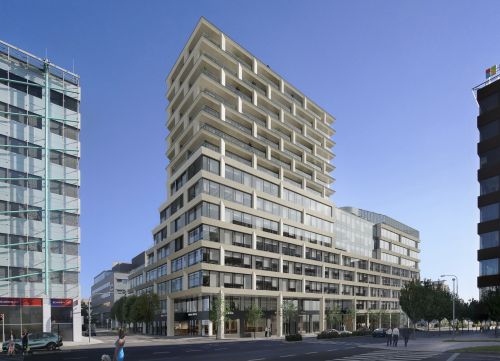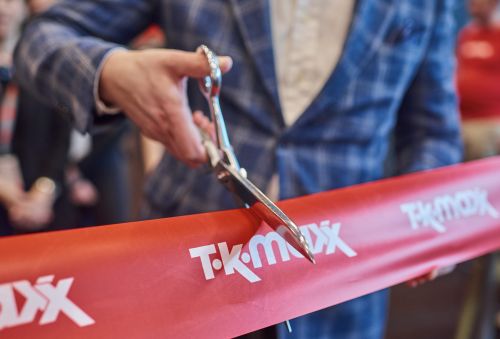despite the crisis The volume of retail space continues to grow, mainly in the form of new projects. However, the number of enlargement projects for existing facilities has also been rising recently. between 2005 and 2008, extensions made up 5 to 8 pct of all projects. but As the market continues to mature, they now account for over 20 pct of all retail schemes
Emil Górecki
Mayland Real Estate is now extending the Jantar shopping centre in Słupsk. In 2012 the facility will be twice its current size, amounting to nearly 46,000 sqm. Gemini Holdings has recently revealed that it has decided to enlarge the Gemini Park shopping and entertainment centre in Bielsko-Biała, with the launch of the work planned for the second half of the year. The leasable area of the new section of the building will come to 16,500 sqm. Meanwhile, the owner of the Wola Park shopping centre in Warsaw, AEW Europe, is planning to extend the mall by app. 20,000 sqm of leasable space. The investor already has




























































